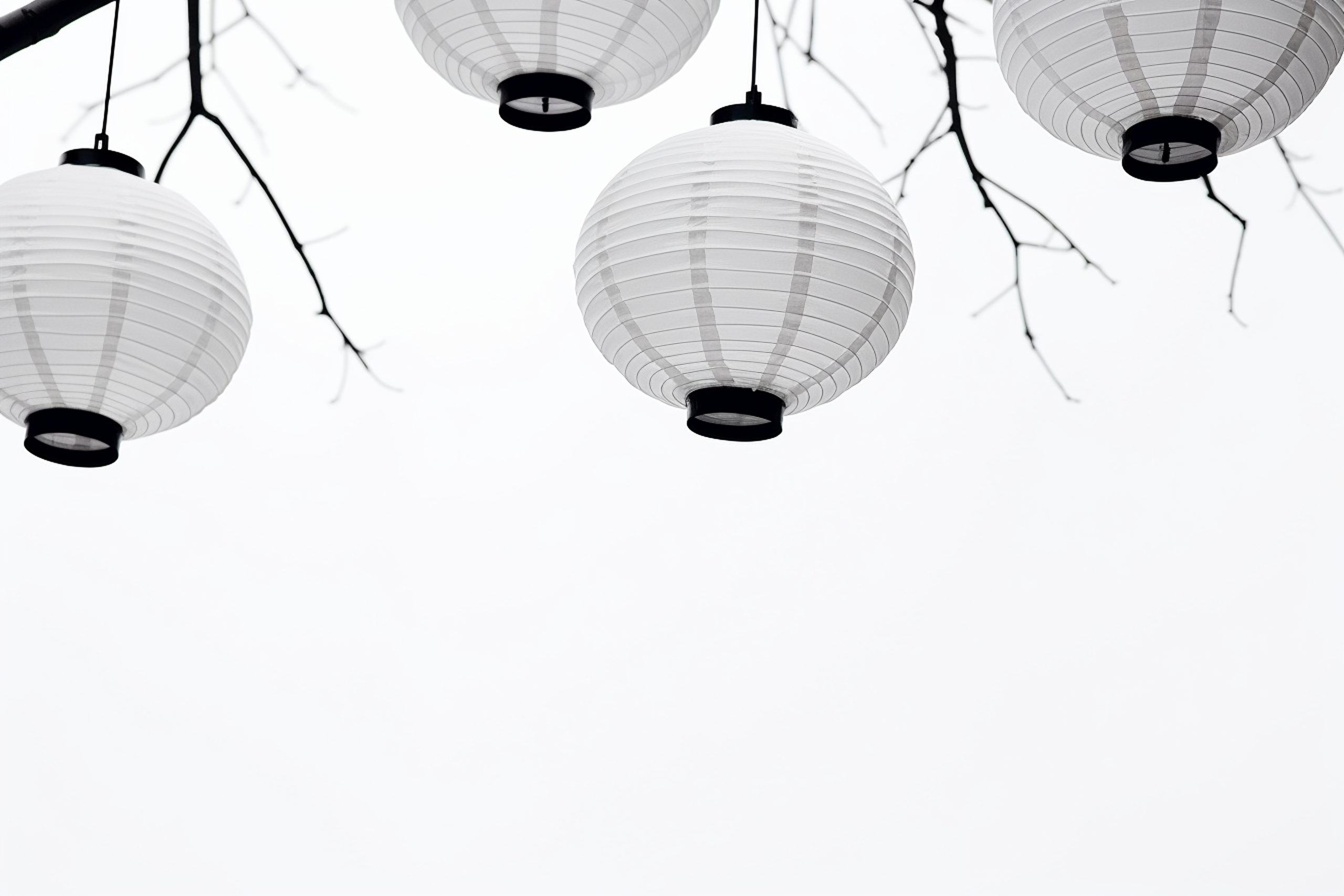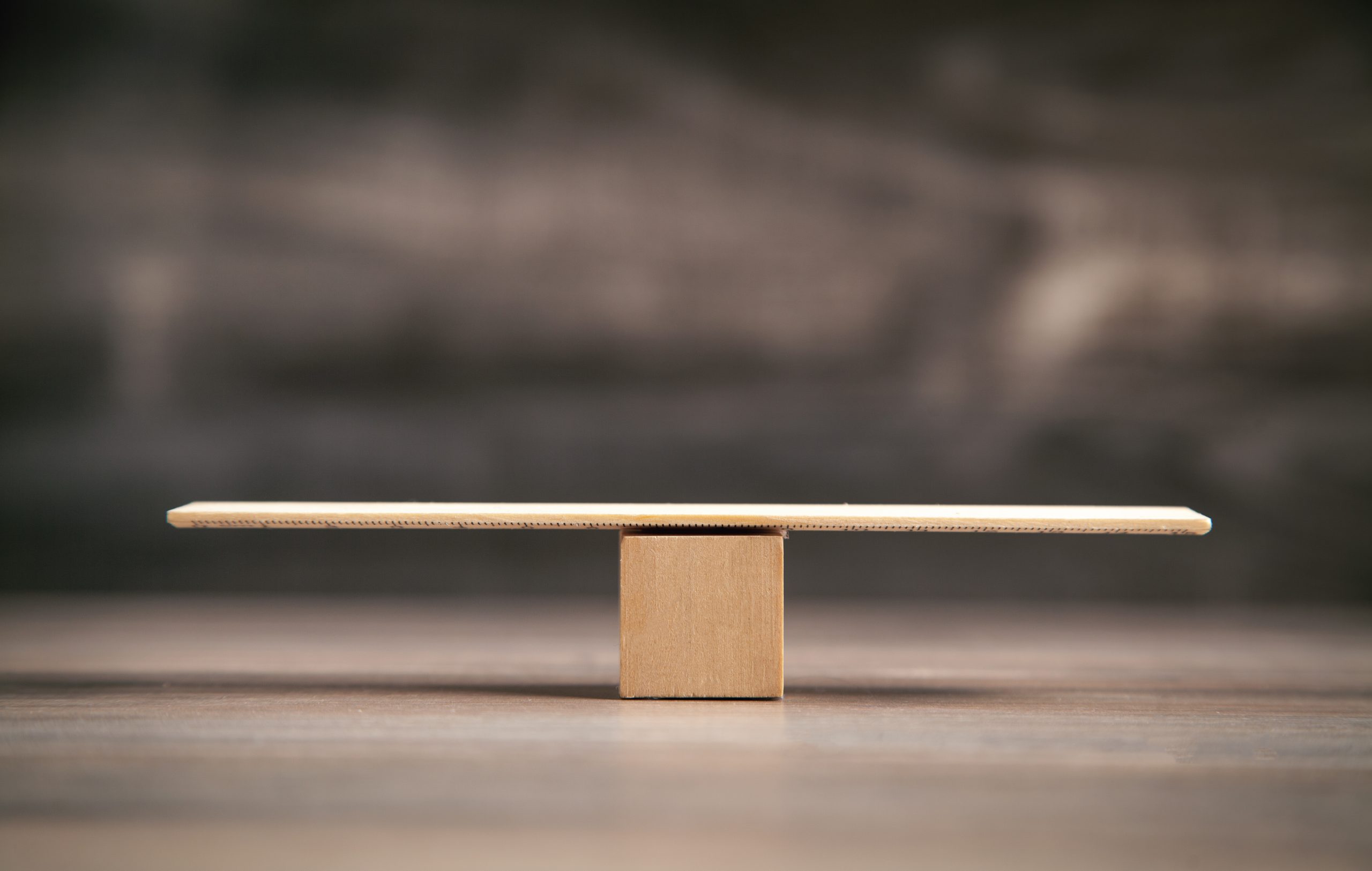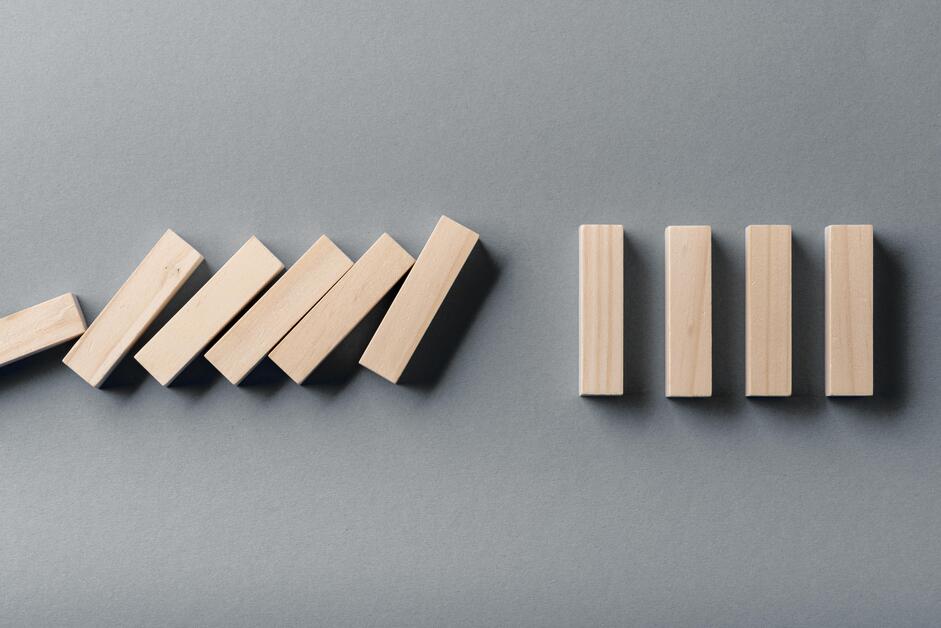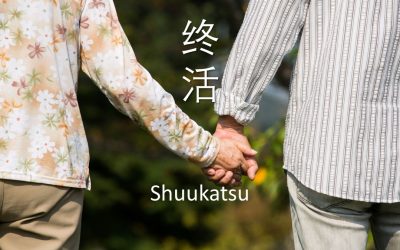I enjoy working as a master of ceremonies. Whether the funeral is grand or modest, and regardless of the status of the deceased or their family, every funeral is a stage for witnessing the spectrum of life and social ideologies. Each farewell reveals different expressions of grief—some heart-wrenching, others stoic. As a host, my ability to comfort the bereaved is limited, but I firmly believe that simply having someone present for support during this final journey is profoundly meaningful. This is what gives my role its sense of purpose.

At the same time, traditional Chinese funerals are often unsettling for me as a woman. I am constantly reminded of the deeply ingrained gender biases that permeate the rituals and customs.
In company displays, the name of a deceased married woman is often shown as “Madam [Husband’s Surname].” As the master of ceremonies, I often have to search the small ancestral tablet to find her full name. As a woman who lived decades as an individual and contributed so much to her family and society, why is she reduced at her death to being merely an extension of her husband who doesn’t even have the privilege of having her full name properly displayed?
I once hosted a funeral where the deceased’s daughter was the primary organizer. When it was time to pay final respects, the ritual guide called for the son first. As the daughter stepped forward next, the ritual guide said, “Daughters-in-law first,” and she instinctively shrank back, wearing an expression as if she done something wrong. After the daughter-in-law and the eldest grandson had gone, it was finally her turn. Whether she accepted this hierarchy out of respect for the occasion and tradition or simply endured it for her parents’ sake, her compliance pained me as a fellow woman. This incident is not isolated but part of a broader, systemic issue.

In these customs, a son’s spouse and children are viewed as “family”; while a daughter’s spouse and children are regarded as “outsiders.” Daughters wear mourning badges with a red mark affixed to it while the red worn by the sons-in-law will be even more explicit. This red, meant as a sign of respect, is often a symbolic wound in the hearts of daughters who feel excluded. Behind this euphemistically named “ritual” lies the patriarchal ideology of favouring sons over daughters and sense gender inequality.
During ceremonial offerings, the husband’s family takes precedence over the deceased woman’s biological relatives. Blood relations and direct family members are seen as inferior in comparison to those of the husband’s. Only sons are allowed to hold the ancestral tablet and divide the inheritance, while married daughters are often barred from freely worshipping their parents to avoid “diminishing” the blessings meant for the sons.
Some families today actively request less rigid adherence to these traditions, and funeral service providers adapt accordingly. Yet, the traditional framework remains the default. Defaults reflect collective societal consciousness. As service providers, why shouldn’t we take the lead in normalizing gender-equal practices as the default, while still accommodating families who wish to follow traditional norms?
Someone once told me, “Gender equality doesn’t need to be demonstrated through a funeral; women already have freedom and equality elsewhere.” To this I say, if equality cannot even exist in ceremonial formalities, how can we expect it to manifest in the broader world? If a woman cannot receive respect even in death, how can we believe she will be respected in life—in her family, workplace, or society?
Even today, among my well-educated and financially independent female friends, many still face parents who insist only sons should inherit family property. The hurt does not stem from the lack of inheritance but from the apparent disregard for the love and care daughters have shown. Are we still pretending that gender inequality in Chinese funeral customs is “just symbolic”?

Looking back, women’s social status has certainly progressed over the past century but none of these improvements came easy. Every gain was the result of struggles and hard fought battles by many generations.
It’s hard to imagine today that when the Olympics first began, women were not allowed to participate or even watch. It wasn’t until 1924 that women were officially permitted to compete. Even then, as late as 1967, the Boston Marathon barred women from participating. Kathrine Switzer registered under a male pseudonym to protest, only to be violently harassed during the race. It wasn’t until the Tokyo 2020 Olympics that female athletes finally represented nearly half of all participants.
Does gender equality matter to business? According to a McKinsey & Company report, closing the gender gap could add $12–28 trillion to global GDP. Gender equality is also one of the United Nations’ Sustainable Development Goals, signed by 193 countries, including Malaysia.
Yet, the 2020 Global Gender Gap Report ranks Malaysia 104th among 149 countries, a drop from previous years. In economic participation and opportunity, Malaysia ranks the lowest among ASEAN countries. As a leading funeral service provider committed to humanistic values, shouldn’t we actively advocate for gender equality, knowing it benefits both the economy and national reputation?
The report also reveals that the pandemic widened the gender gap, pushing the timeline for global gender equality from 99 years to 136 years. How many more unexpected crises will further delay this progress?
Do we really have to wait another 136 years for women to receive respect in traditional Chinese funeral rituals?
Written by Ng Ai Ling on International Women’s Day, 2022
Ritual and Culture Management Department
Exploring the influence and development of Chinese culture on Malaysian society, with a focus on the origins of funeral traditions. This includes drawing insights from ancient cultural practices and their evolution, thereby enriching the growth, cultivation, and expansion of Nirvana’s funeral services.
Author profile
Ng Ai Ling of Nirvana Care’s Ritual and Culture Management Department, has a Master’s degree in Chinese Language and Literature from Taiwan’s National Dong Hwa University, with extensive experience in writing and research. She is a regular newspaper columnist and a long-time contributor to online platforms in Hong Kong and Taiwan.
Malaysia Multi-racial Farewell Ceremonies
Malaysia is a multi-racial country, with the main ethnic groups being Malay, Chinese and Indian. For the ethnic Chinese, there are various religious funeral rites such as Buddhist, Taoist and Christian, and Islamic and Hindu rites for the other ethnic groups. Different ethnic groups and religions have different cultural practices, religious ideologies, beliefs and values, making Malaysia’s funeral culture appear diverse in many ways.
Ancestral Tablet
The ancestral tablet is also called “soul tablet”, “spirit tablet”, “soul seat” and others. In Buddhism, it is called “lotus dais” or “lotus seat”. It is generally used as a temporary seat for the soul of the departed to reside, and convenience for the family members, relatives and friends to pay their respects.
shuukatsu
Shuukatsu / Translated by Colin Kuan The term “shuukatsu” has become a popular buzzword in recent years. What then is “shuukatsu”? Shuukatsu originated from Japan. According to the United Nation’s 2019 Revision of World Population Prospects, the most important...
Information for Malaysians | What to do when a loved one dies
Information for Malaysians What to do when a loved one diesThe loss of a loved one is an inevitable life experience for everyone as we grow up, but we must always be brave enough to face and accept it. With birth comes death, and with growth comes decline. This...
The guardian deity of tombs – Hou Tu
The guardian deity of tombs - Hou Tu Whenever you visit a cemetery during Qing Ming, have you ever noticed a small stone tablet with the characters “后土 (Hou Tu)” inscribed on it nearby the tombs of your ancestors? Before paying respects to our ancestors, we will offer...
Pre-planning: Sparing your loved ones from being exploited
Pre-planning: Sparing your loved ones from being exploited Whether you are prepared for it or not, when a loved one passes away, the emotional toll that grief exerts can be so overwhelming it leaves very little room for other considerations. The last thing that any...
Nirvana Ming Palace
Nirvana Ming Palace: A realm of tranquility where culture meets artCovering an area about 30,000 square feet, Nirvana Ming Palace is located at Nirvana Memorial Park (Shah Alam). The overall architectural style of Ming Palace is inspired by the designs of palaces from...
Create your own “home”
Create your own “home” It is believed that many people have a lifelong wish to live in comfort and peace - during their lifetime - in the home of their dreams. It is worth noting that people only can envision the actual house they live in, but have no idea of where...
Sheng Ji · A new turnaround of fortunes
Sheng Ji ·A new turnaround of fortunes During the festive season, relatives and friends will convey well wishes of “good health”, “long life” and more. Of course, we all hope that things come as easy as they say, but did you know that you can change your fortunes by...
Ji Le Columbarium
Nirvana Memorial Garden (Semenyih) Ji Le Columbarium Spacious & Minimalistic · Reasonable & Affordable All sentient beings are suffering, and attaining Ultimate Bliss is the best way to escape from suffering. Hence, the columbarium here at Nirvana Memorial...



























